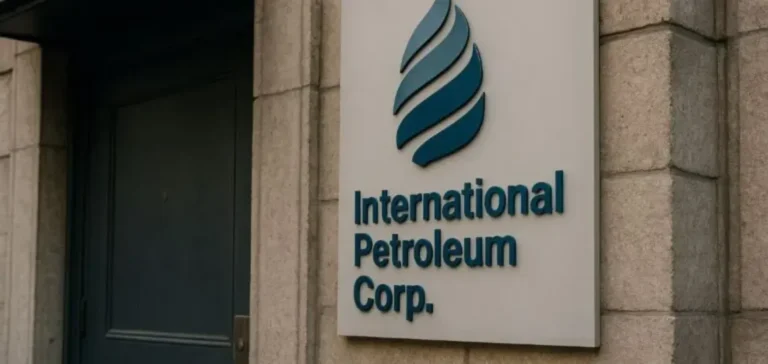International Petroleum Corporation has announced the completion of its annual normal course issuer bid (NCIB), under which it repurchased 7,465,356 common shares for cancellation between December 2024 and September 2025. This represents approximately 6.2% of the total outstanding common shares at the start of the programme.
A new programme planned from December
The company plans to renew this NCIB for a further twelve months, from December 2025 to December 2026, subject to approval by the Toronto Stock Exchange (TSX). Under the renewed authorisation, International Petroleum Corporation would be allowed to repurchase up to 6.5 million additional shares, equivalent to approximately 5.8% of the current total outstanding share capital or 10% of the public float under TSX rules.
Operations split between Canada and Sweden
Between September 22 and 26, 2025, the company repurchased a total of 141,764 shares. Of this total, 99,063 shares were repurchased on Nasdaq Stockholm by Pareto Securities AB acting on behalf of the company. Simultaneously, 42,701 shares were acquired on the TSX by ATB Securities Inc., also mandated by the firm.
Reduction of share capital
All repurchased shares have been cancelled, in accordance with applicable regulations in both jurisdictions. During September 2025, 600,437 shares were cancelled under the NCIB, along with an additional 50,000 shares acquired under other Canadian exemptions. As of September 30, the share capital of International Petroleum Corporation stands at 112,180,065 voting shares, of which 24,538 are held in treasury. Following the cancellation of these treasury shares, the final number of outstanding voting shares will be 112,155,527.






















